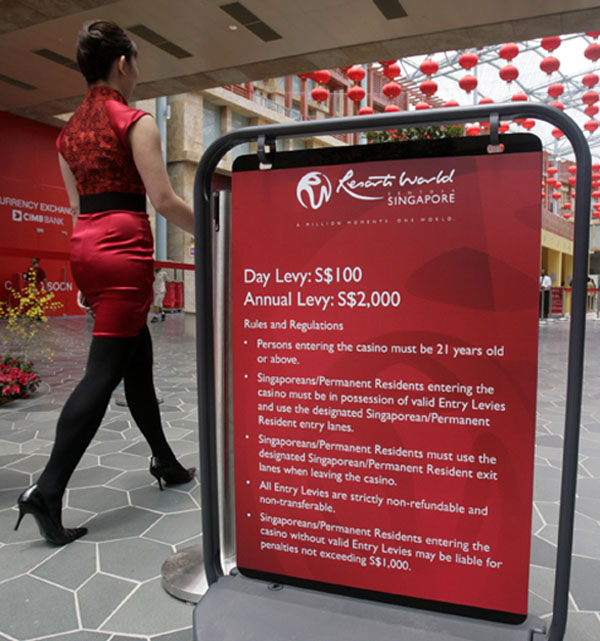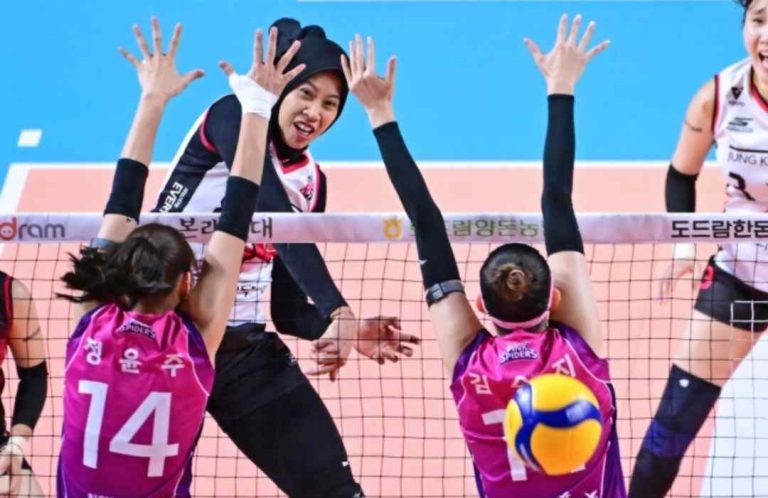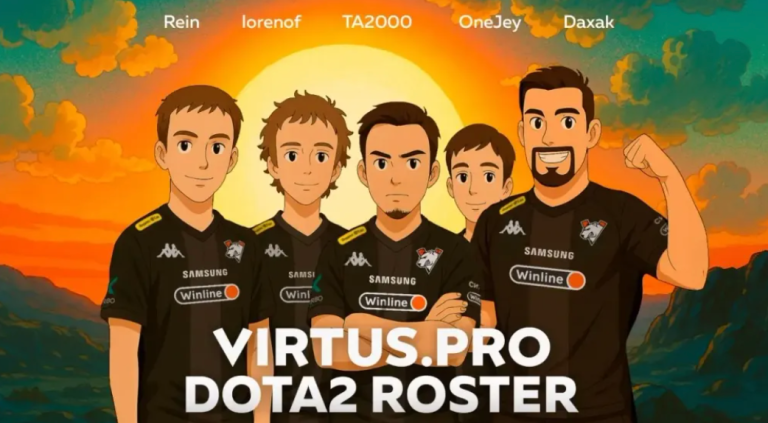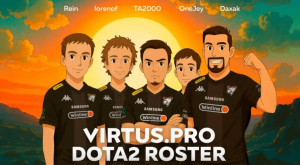Casino Regulatory Authority (CRA) reported an increase in licensing fees income imposed on gaming operators. An increase of 13.9 percent was observed from the last fiscal year, estimated to SGD43.8 million. But a decline was reported in fines imposed by regulatory authorities of the city. The fine on Singapore’s two gaming resort operators lowered by 60.5% in fiscal year 2016.
The fine imposed by authorities on the two operators, during fiscal year 2016 – 2017 ending at March 31, declined by an amount of SGD252,500 compared to last fiscal year. The figures were reported in annual report of Casino Regulatory Authority for 2016-2017.
Marina Bay Sands Pvt Ltd for fined for its failure to prevent a minor from entering casino premises which is not allowed in Singapore. According to law, a person must be over 20 years of age to participate in casino gambling. Marina Bay was penalized for SGD15,000 for its failure to impose the policy ‘without reasonable excuse’. It also failed to collect tax which is imposed on Singapore citizens or permanent residents if they wish to enter casino area. A fine of SGD75,000 was imposed for its failure to implement the later policy of levy.
Sentosa Pvt Ltd’s Resorts World Sentosa casino resort, was fined SGD75,000 for its failure of patrons age policy under the similar terms as that of Marina Bay Sands Pvt Ltd. The management of the casino failed in implementation of Governmental policy as seven minors were able to gain illegal access to the casino floor.
CRA chief executive Jerry See reported in 2016-2017 annual report, “The casino operators have since taken steps to rectify the areas where there had been gaps,”
“CRA continues to exercise vigilance on the ground and work with the casino operators to strengthen compliance,” he added.
CRA Chairman Lee Tzu Yang in foreword of the report mentioned that the regulatory authority is “studying… closely” the recent regulations introduced in the Nevada and New Jersey States of US regarding so-called skill-based gaming.
“CRA has been studying these developments closely and reaching out to counterparts on their regulatory philosophy and approach,” stated Mr Lee.
“We must examine our operating parameters and consider how best to continue meeting our regulatory objectives with the emergence of new technology and gaming products, which may challenge or be not covered by the status quo,” he added.
















